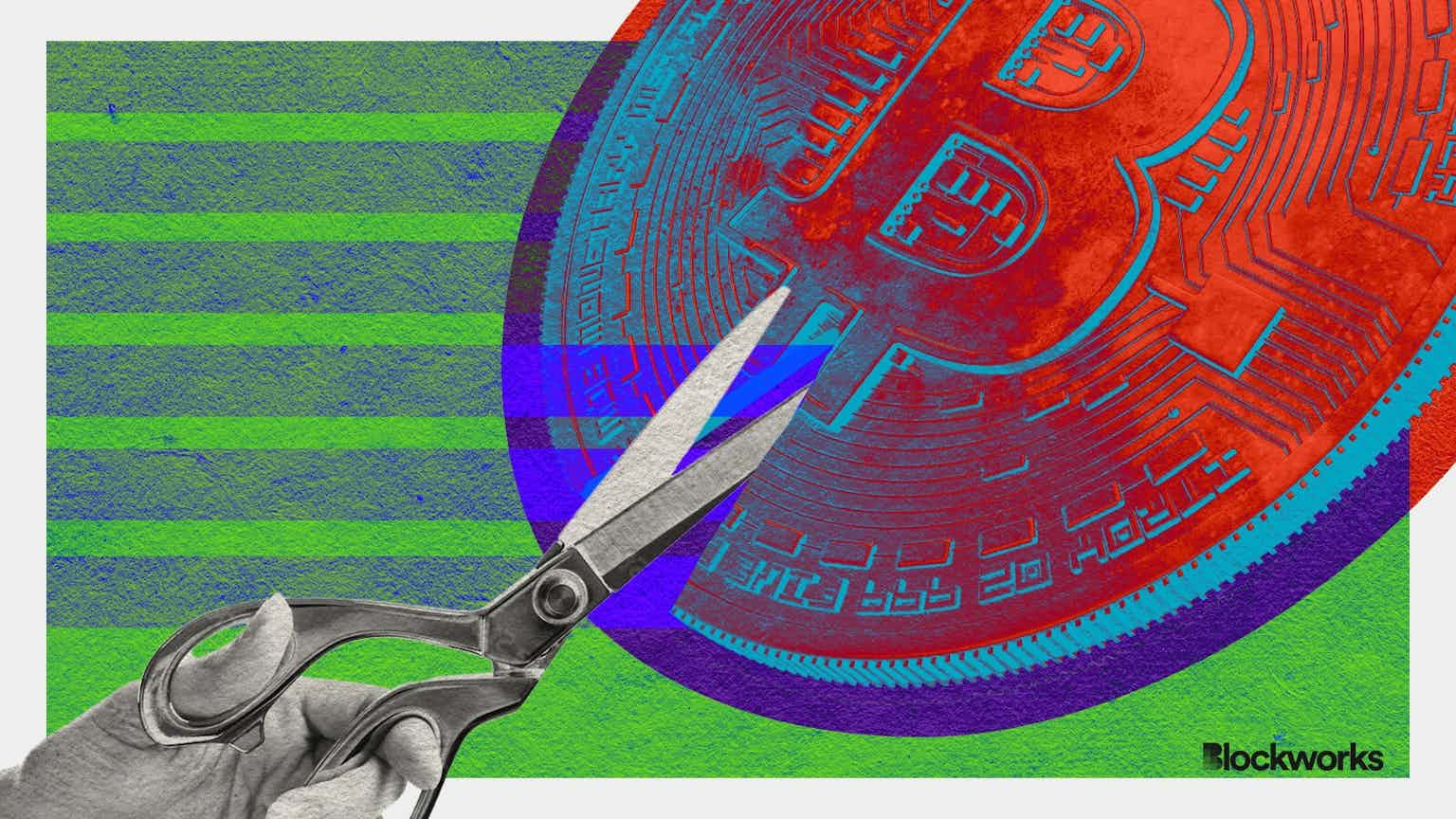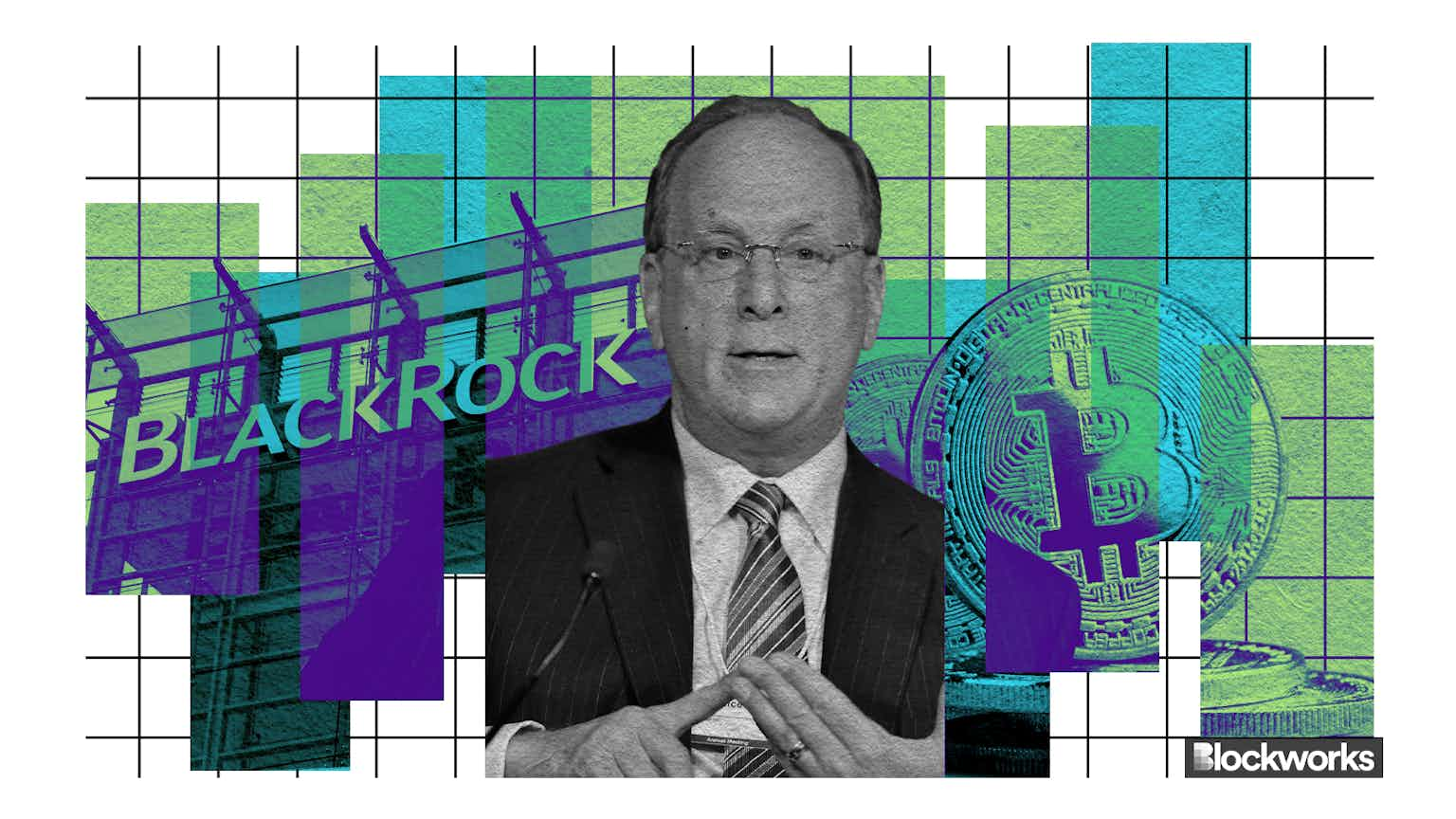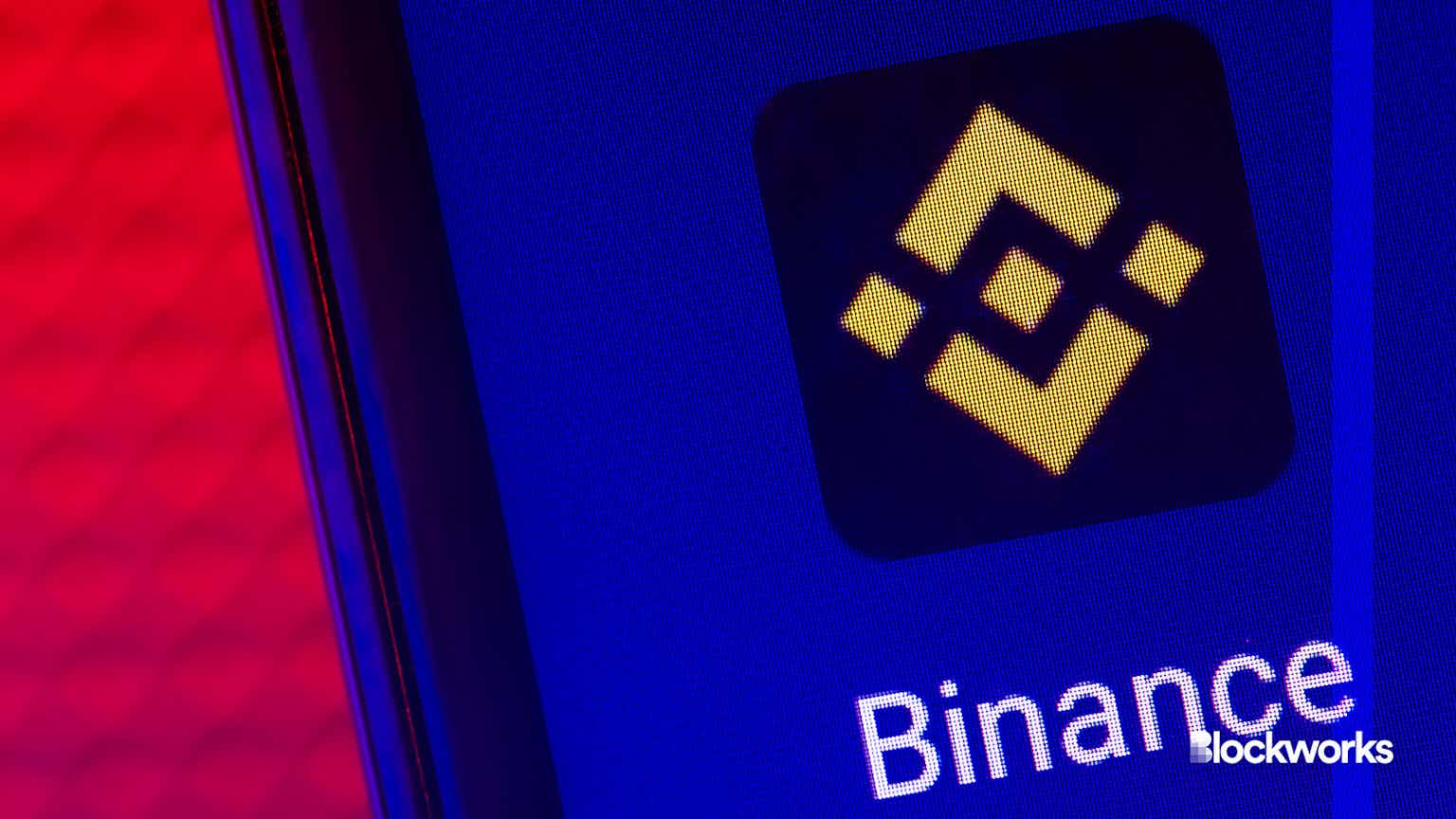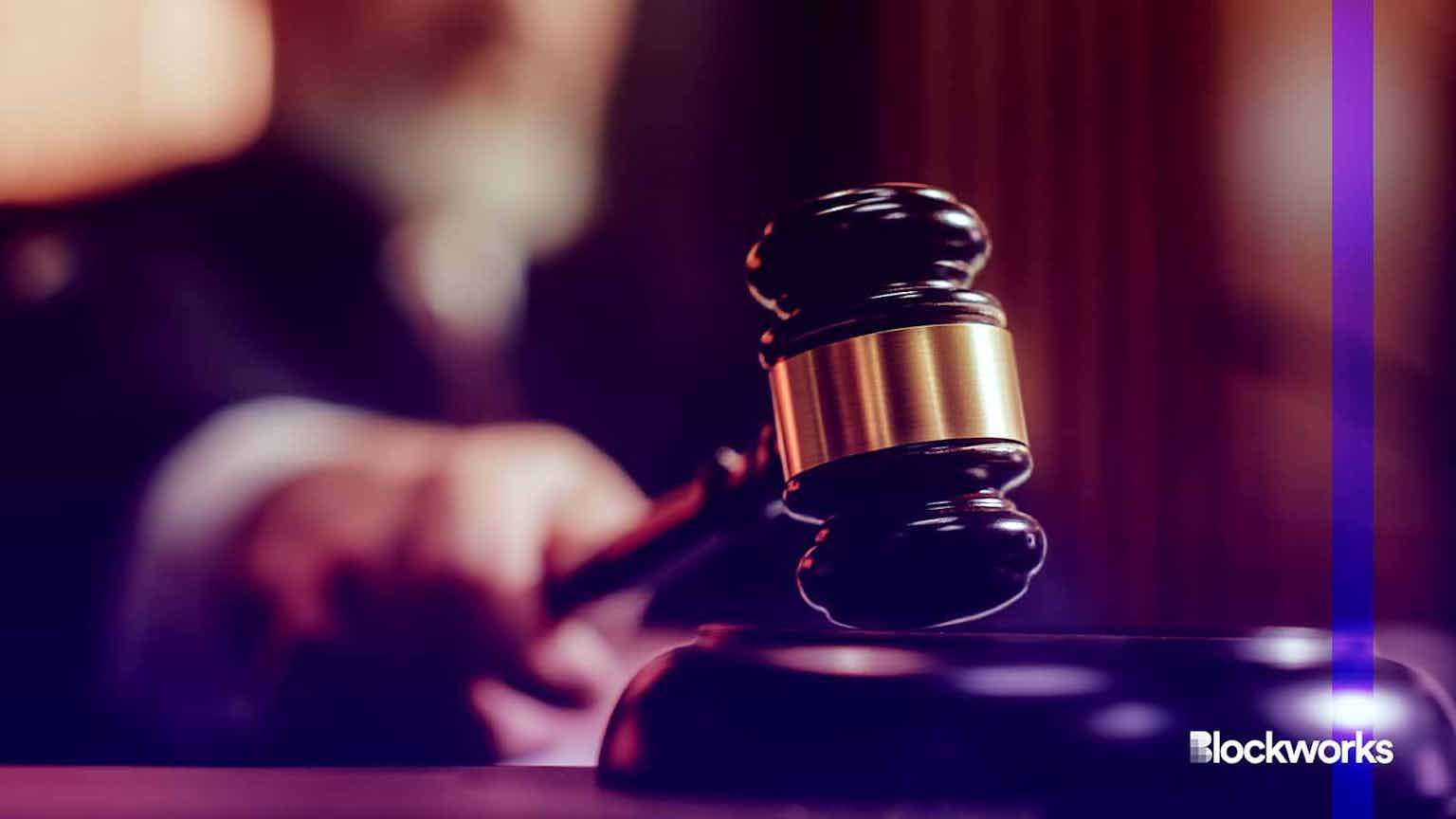Illinois Moves Closer To Accepting Crypto for Taxes, but Not Considering Legal Tender Status
Illinois state Rep. Margaret Croke hopes for clearer guidance at the federal level in the wake of President Biden’s recent executive order

Illinois state Rep. Margaret Croke | Source: repcroke.com
key takeaways
- Illinois state representative sponsors another bill aimed at bringing regulatory clarity to the space
- Illinois will not be taking after other states looking to establish bitcoin as legal tender
A bill that would allow the Illinois Department of Revenue (IDR) to accept crypto payments as easily as it accepts credit card transactions has moved forward to the state Senate.
House bill 5287, sponsored by Illinois state Representative Margaret Croke, would allow the IDR to create rules and regulations around accepting cryptocurrencies as a payment method. The IDR has expressed interest in being able to process digital asset payments similar to how it accepts credit cards, Croke said, sparking the inspiration behind the bill.
“When the state of Illinois accepts a credit card payment for the purposes of collecting revenue, for taxes or other payments, we have a third party processor,” Croke, a Democrat representing Illinois’ 12th District, said. “Similarly, we would have a situation where someone, if they chose to pay via cryptocurrency, would go through a crypto processor and then the state of Illinois would receive US dollars.”
The IDR will have final say over which types of payments it allows to be made in cryptocurrency, Croke said, but it could potentially apply to businesses looking to pay taxes in digital assets.
The bill passed the House and moved to the Illinois Senate in late February. Croke said there should not be “any issues” in moving the bill forward in the next month or so.
Legal tender question
While the measure may sound similar to efforts in Arizona and California to establish bitcoin as legal tender, Croke made it clear that Illinois is only interested in operating within the current rules. According to the Constitution, defining “legal tender” falls under the power of Congress, she acknowledged.
“What I don’t want to happen is that as a state we move so quickly that we end up having to roll back or get usurped by the federal government,” Croke said.
“I don’t want to get to a point where someone has been operating a business for a year in Illinois, and all of a sudden, the federal government comes in and says, ‘you’ve got to change everything you’ve been doing.’”
Regardless of the legislative branch’s power, action from the federal government has been slow, Croke said. The recent executive order from the Biden administration shows that digital asset regulation is being thought about on a federal level, but clear guidelines are necessary, she added.
“I always joke when we don’t know what to do in the legislature, we create a task force or a report,” Croke said. “That being said, I’m glad that there is this level of motivation…to really dive into the topic and give clear direction on what the Biden animation administration wants to around cryptocurrency.”
Another crypto-focused billl that Croke sponsored is slated for a revamp following new guidance from the Office of the Comptroller of the Currency in a somewhat rare case of federal policy moving more quickly than state legislation.
House bill number 3968, a digital assets-focused proposal that would allow financial technology companies in the state to hold cryptocurrencies, passed the Souse in April 2021 and made it to the state Senate before the OCC ruling came out.
“The bill applied to existing banking institutions chartered with the State of Illinois, and now they don’t need to be included in this legislation because they’ve received the guidance that they needed on the federal level,” Croke said. “Now it just applies to new special purpose trust companies.”
HB 3968 is technically still in the Senate, but before it is introduced to the House, Croke hopes to file a new bill in the Senate. The Illinois state House, Croke said, tends to be more progressive than the Senate when it comes to cryptocurrency.
“Not necessarily two words you always hear together in the political sphere: progressives and cryptocurrency,” she said. “Cryptocurrency is still a very novel idea for a lot of people.”
Start your day with top crypto insights from David Canellis and Katherine Ross. Subscribe to the Empire newsletter.





